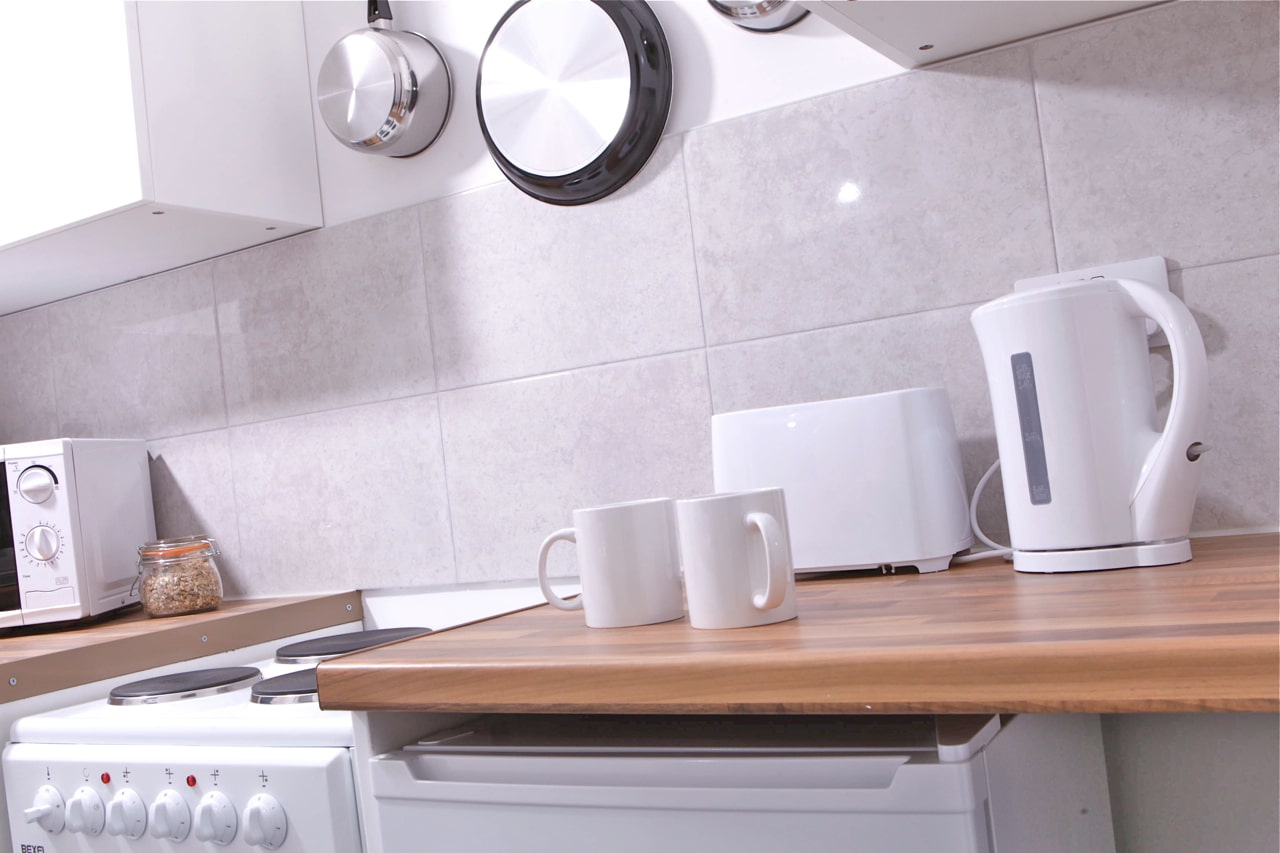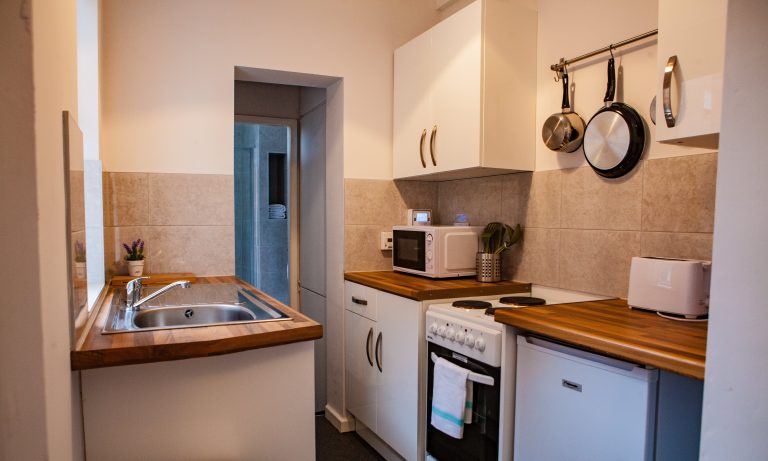I think it’s safe to say that we’re all worried about the cost of living and the promise that it will only rise.
In 2016 We disabled our integrated top up heating system At Maritime Apartments and uncapped the usage for one set weekly charge. We do not believe our permanent residents should face choices to heat or eat. However, the electricity prices we cannot do anything with. But we absolutely do care.
In our fully serviced apartments all bills are included from Electric to Council tax and that won’t change, you can rest assured your business accommodation is covered by the inclusive rental agreed at contract. For our permanent residents all we can offer is advice on saving on the cost of your electricity.
1 – Knowledge is power
For most people, it’s not a good time to switch energy provider.
If you haven’t switched your supplier or tariff recently, or were moved to a new provider when yours closed, you’ll probably be paying out-of-contract rates (also known as a variable or default tariff). Historically, these haven’t been very good value, but they’re now among the cheapest tariffs so it’s worth staying put for the moment.
Very few, if any, suppliers are currently offering fixed tariffs worth swapping to. Fixing a deal does come with a set period of price security – but you’ll pay a premium for it. That said, as the market changes it’s worth keeping an eye out in case your provider does advertise a fixed deal that would suit you.
Other tips to keep your energy payments in check:
- Choose paperless bills and manage your account online (some companies charge extra for paper bills)
- Pay by direct debit. This is usually cheaper than paying when you receive a bill
- Send regular meter readings to keep your bill accurate. If you have a smart meter, it will do this automatically
- Question any direct debit increases that seem too high. Your energy company should be able to explain the changes and your usage and payments should balance out over a year.
2 – Choose energy efficient appliances
I know Boris didn’t deliver this message particularly well recently.. but he had a point.
If you’re replacing an appliance, you can cut your electricity bills by choosing the most energy-efficient model. For example, depending on size, washing machine running costs can vary from £15 to £70 a year. See the Which Guide to energy efficient washing machines to find out more. This is a great guide because it tests on the way the majority use appliances.. not in a way to achieve the best rating..
The most obvious indication of a product’s energy efficiency is its EU energy-efficiency rating. But think about energy consumption in a way that reflects how YOU actually use different appliances, so you can more accurately tell which ones use less / more of your energy.
For example, Which? test washing machines on the 40°C cottons program (most commonly used), while the EU Energy Label tests are 60% based on the 60°C cottons program.
(Too geeky? We shall move on..)
3 – Replace Lightbulbs
It’s the age-old tip that most of us have already done. But it’s still worth mentioning – energy-saving light bulbs can help you to cut your energy bills easily. An LED light bulb costs around £1.71 a year to run, compared to £8.42 for an old-style halogen bulb. When you add up all the lightbulbs in your house, those can be some big savings.
Remember, energy-saving light bulbs last a lot longer than traditional ones, too, so their lifetime costs are even lower.
Light bulb costs compared
| Type | Lifetime | Annual Running Cost* |
|---|---|---|
Halogen | 2,000 hours (around 2 years) | £8.42 |
CFL | 10,000 hours (10 years) | £2.04 |
LED | 25,000 hours (25 years) | £1.71 |
LEDs are the most energy-efficient light bulbs, and use almost 90% less energy than traditional incandescents. CFL bulbs use 70-80% less energy than traditional bulbs.
LED bulbs can cost less than £3 for one, which means they can pay for themselves through energy savings in just a few months. To find out more, see our light bulb reviews.
Already use energy-saving bulbs? Remember to use the best bulb for the size of room or the job it will do. See five top tips for choosing the right light bulb.
4 – Don’t Standby
Don’t leave your gadgets on standby. There are limits on standby power consumption of more recent electronics, but take more care with older gadgets. Turning appliances off properly could save you £55 a year, according to figures published in March 2022 by the Energy Savings Trust.
5 – Washday Wednesday
Dry your washing outside or on a clothes horse, rather than using your tumble dryer. Don’t forget to ventilate well and run a dehumidifier if possible if you’re drying clothes indoors.
Only run your washing machine and dishwasher when they’re full, reduce your use by one run per week and wash clothes at 30°C where possible (unless you’re washing really soiled clothes) as most washing machines will still do a good job. These steps can cut bills by £28 a year, the Energy Savings Trust estimates (figures published in March 2022).
Clean your tumble dryer and fridge’s filters to keep them running efficiently.
6 – Easy Freezy
Defrost food in your fridge to help cool the fridge temperature down, and cool hot food before you put it into the fridge or freezer. You’re fridge won’t need to work as hard and will use less power.
And remember – Only boil as much water in the kettle as you need.
I really hope this helps. If you are a resident and are concerned about the cost of your rising bills please remember you can always speak to one of the office team to see if we can help.
If you have more tips for us please share in the comments below 👇







